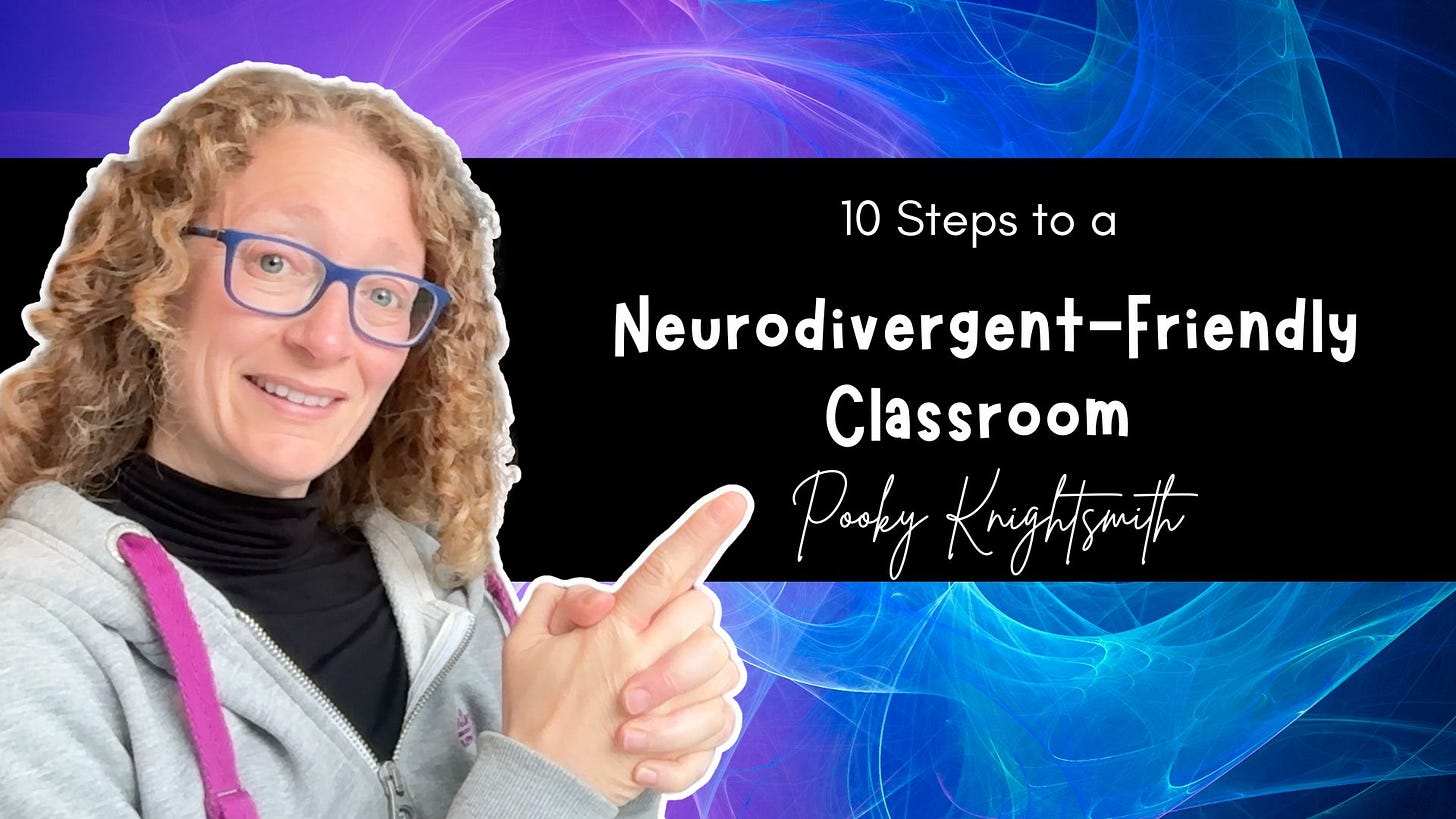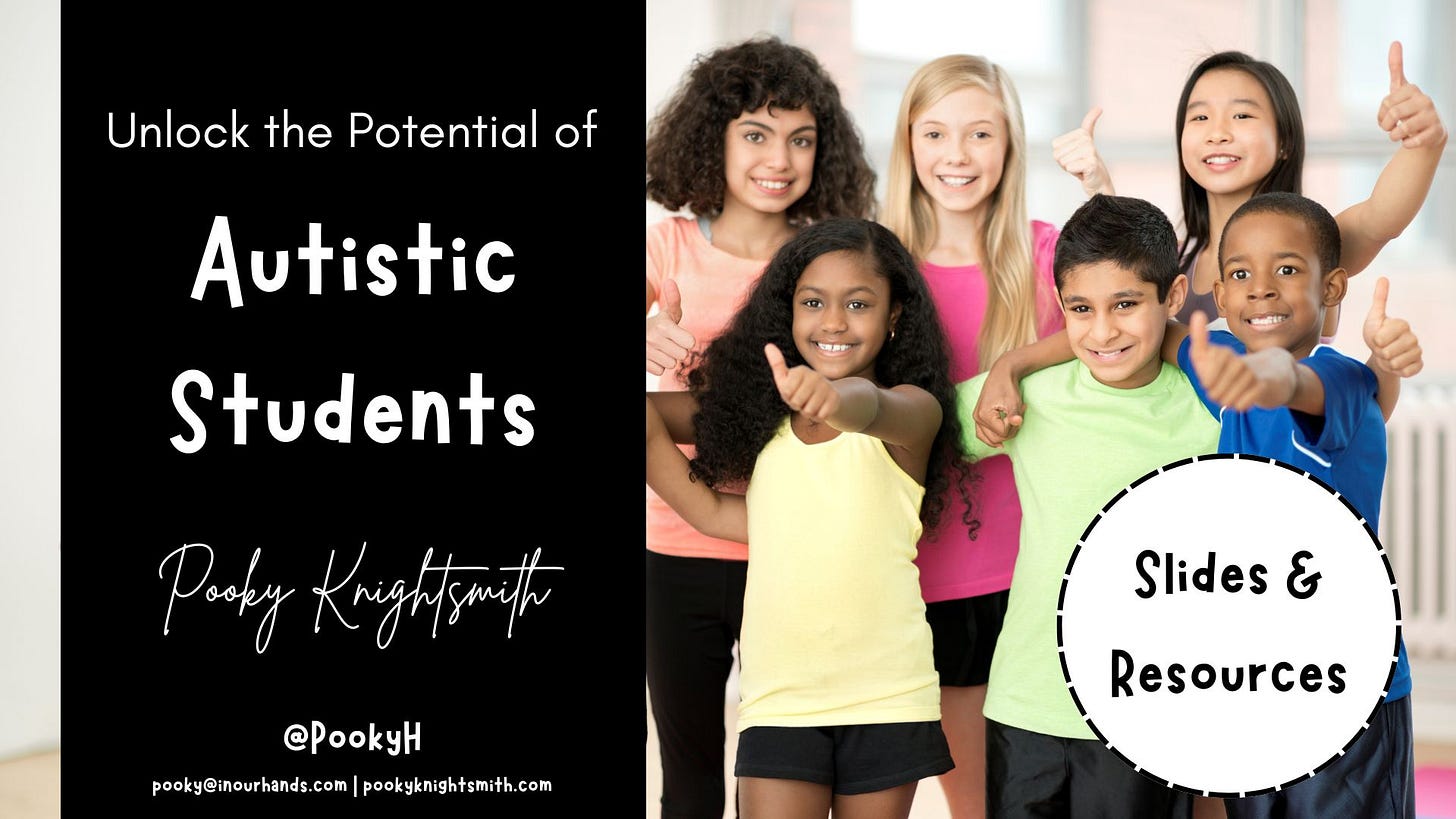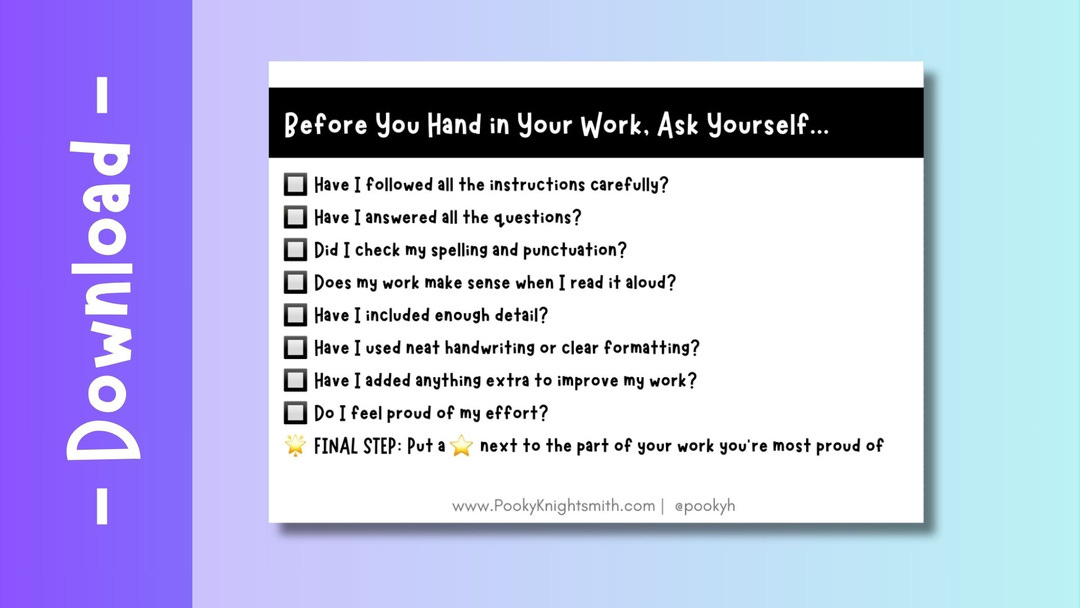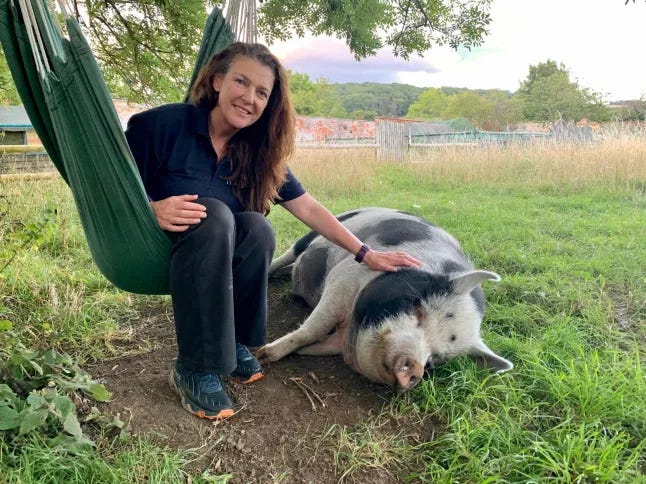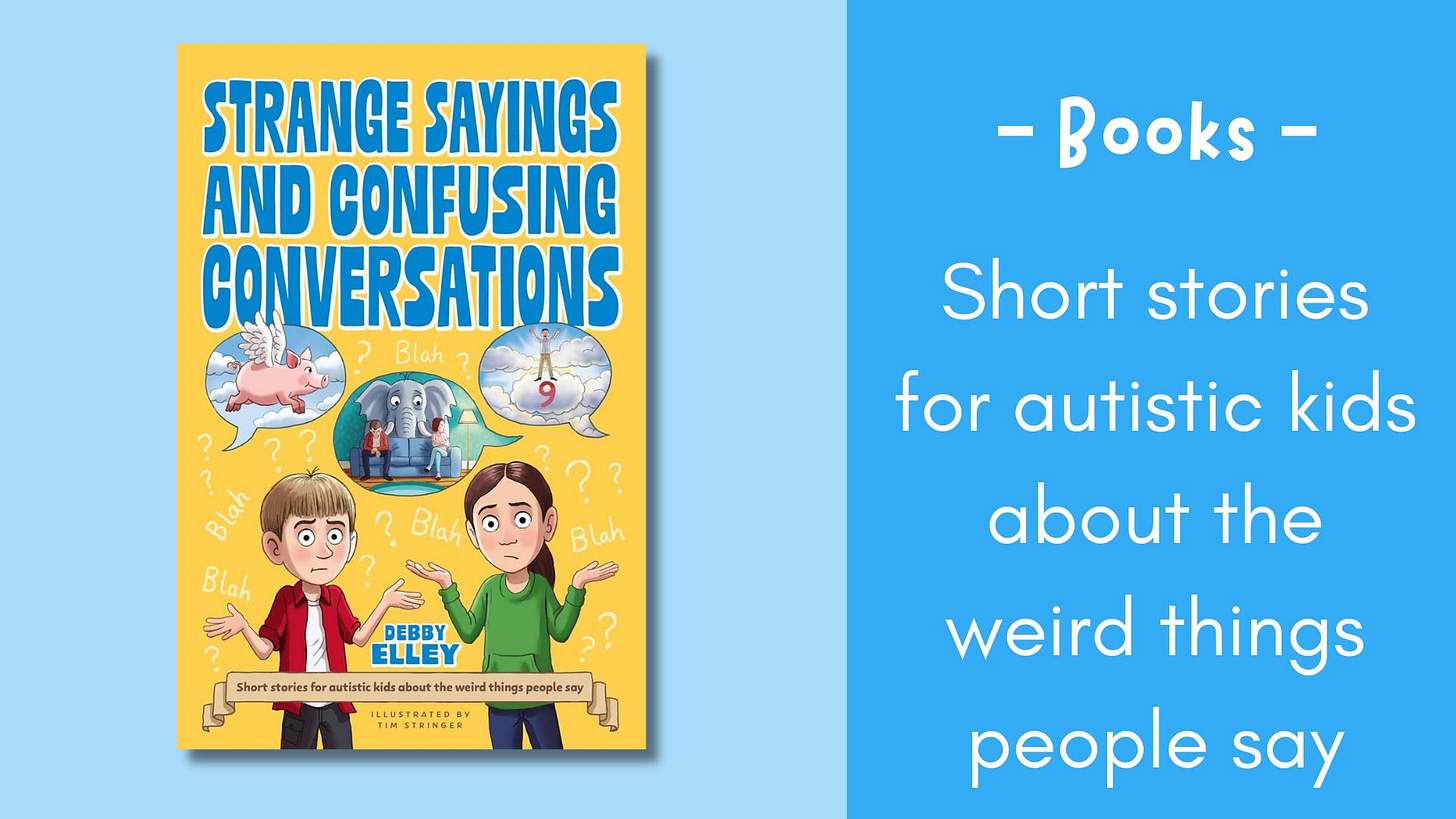This week felt like a bit of a milestone. I launched my very first solo online course (eep!), got my face up on stage with no makeup on (liberating), and wrote about pigs, stimming, and self-checking checklists—so, business as usual really.
If you’re in the mood for practical tools, thoughtful ideas, and a few gentle smiles, you’re in the right place. Most of what I share below is free to access and pass on—but if the new course piques your interest, there’s a special launch discount to make it feel like a softer leap.
Let’s dive in…
NEW COURSE: 10 Steps to a Neurodivergent-Friendly Classroom
It’s here! My very first solo online course is now live: 10 Steps to a Neurodivergent-Friendly Classroom. It’s short, super practical, and packed with strategies to help make your classroom more inclusive, especially for autistic and ADHD learners.
There are 20 bite-sized video lessons, detailed companion notes, and ideas you can start using straight away—whether you're new to this or looking to deepen your practice.
To celebrate launch week, you can get 60% off with the code NEUROKIND (valid until Sunday 16th June).
This one means a lot to me—it’s taken lots of love, learning, and late-night editing. I’d be quietly thrilled if you gave it a look, and even more so if you shared it with someone it might help.
PRESENT: Unlocking the Potential of Autistic Students
This slide set is packed with practical ways to support autistic students by creating classrooms that feel calm, consistent, and clear (“boring in a good way”). We bust a few myths, spotlight why so many students are missed or misunderstood (especially girls and masked presentations), and dig into sensory, social, and emotional overwhelm—with plenty of easy-to-try strategies rooted in lived experience and student voice.
(To book me or to find out more about my talks and webinars, email the lovely Ellie - Ellie@speakingofbooks.co.uk )
DOWNLOAD: Student Hand-In Checklist
This student-friendly checklist helps learners—especially those who are autistic, ADHD, dyslexic or just a bit overwhelmed—build independent review habits and strengthen their executive function. With clear, structured prompts (no relying on memory here…), it guides them through checking their work before handing it in, boosting metacognition, reducing mental load, and making “Is this my best work?” feel like a doable question rather than a panic trigger.
Fancy a Thoughtful Chat (and Helping a Pig’s Mum Do Her MSc)?
My lovely friend and colleague Hannah—founder of Colin’s Wallow (named after her not-very-micro pig, Colin)—is looking for parents of young children to chat with her about how becoming a parent has shaped their views on climate change. It’s a one-off online interview (30–60 mins), relaxed and informal, and your insights could genuinely help shape future support for families. If that sounds like you, here’s the info sheet, or drop Hannah a line: Hannah.clarke@connect.glos.ac.uk.
READ: Strange Sayings and Confusing Conversations
This brilliant little book is aimed at autistic children—but honestly, I learned a lot from it too. It gently unpacks some of the baffling things neurotypical people say (like “pull your socks up” or “don’t get me wrong”), helping decode everyday language that’s not always as obvious as we think. It’s funny, kind, and genuinely useful whether you’re supporting autistic children, trying to communicate more clearly, or—like me—you just don’t have the bandwidth to translate NT-speak when you’re tired.
EXPLAINER: What Is Stimming—And Why It Matters
From flapping to fidgeting to leg bouncing, stimming helps many of us regulate emotions and focus—especially if we're neurodivergent. It’s not a distraction, it’s a lifeline. This week’s explainer breaks down what stimming is, why we do it, and how to support it.
SMILE: Mascara-Free and Microphone-Ready
On my way to give a keynote—no makeup, Beatles playing, and feeling more myself than I used to. Makeup’s always been a sensory challenge, but I used to feel I should wear it. Not anymore. This time, comfort won—and my talk felt more me and more playful than usual. Coincidence? Maybe. Something I’ll repeat? Absolutely.
—
Please do use or share my resources—if they help someone, that’s what matters most.
If you’d like to support my work, you can:
Share it with someone who might find it helpful
Pledge £1 a month on Patreon
Invite me to speak at your next event, online or in person
Thanks, as always, for reading.
Until next time,
Pooky
Pooky Knightsmith PhD
Keynote Speaker
Speaking and webinar enquiries: Ellie@speakingofbooks.co.uk

